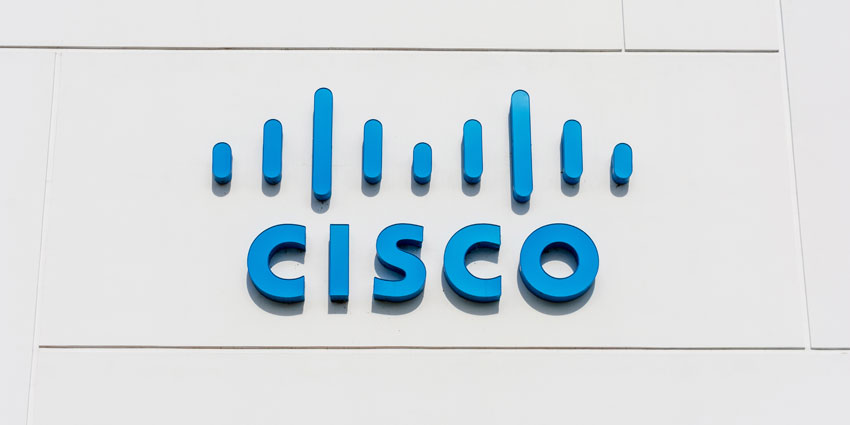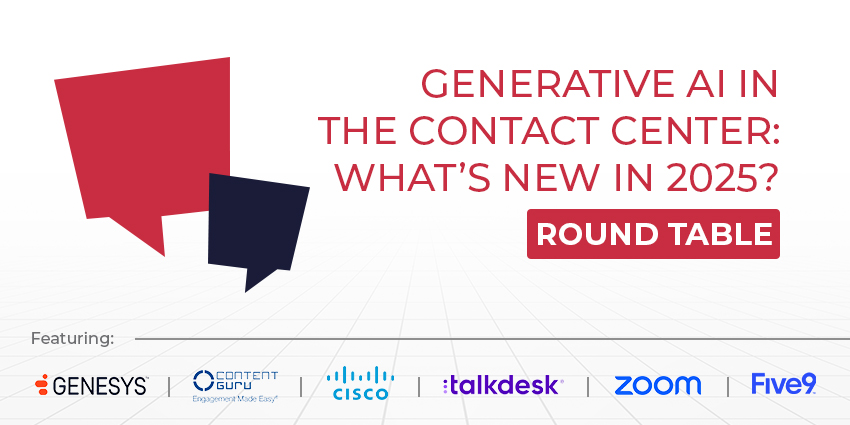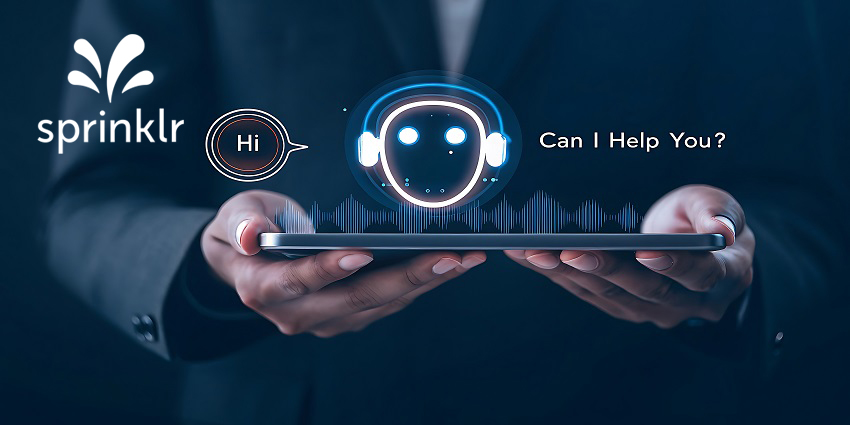The term AI has been around since the 1950s and more often than not, associated with the great British inventor Alan Turing who deciphered military codes used by the Germans to help Britain win WW2. While it’s important to note that the role of AI today has adapted, its aim remains the same – to aid society.
Another important aspect of AI to remember is that AI machines – whether they’re chatbots, text-to-speech recognition or augmented reality – are designed to imitate human behaviours and thinking patterns. They do not think for themselves. They are simply algorhythmed to mirror a set of actions. But why is having ethical AI so important?
A Matter of Trust
Trust is key in any business. If the business or brand isn’t able to retain a level of trust then consumers simply will not invest in it. Profits will slump, employees will leave and it’s game over. We’ve all been on the end of the phone to a business, brand or organisation and been asked to supply our personal details to a chatbot. The bot – perhaps operating for a pension provider in this example – asks us to press 1 to speak to an adviser, but before we can do that, we need to supply our date of birth, national insurance number and address and postcode so the live agent – or human agent – ready to take our call can access our details and deal with our enquiry quickly and efficiently. We’re asked to either speak into the phone or to punch in our birth date using an eight-digit format. We do as instructed without ever questioning it. Why? Because we trust the bot and, more importantly, the organisation we’re contacting.
This is just one example in an array of communications with ethical AI. But why is ethical AI so vital for businesses?
Weeding Out Competition
Up to 75% of consumers today will flat out refuse to buy from unethical companies, while 86% say they are more loyal to ethical companies, according to data from the 2019 Edelman Trust Barometer. Trust has now become a competitive advantage, with businesses racing to adopt AI to use it ethically in ways that generate trust from customers, partners, and the public.
Guiding Human Behaviour
Another vital reason ethical AI is so important for organisations is its ability to call out negative human behaviours. It amplifies potential biases that can have dire effects on business decisions. This could mean investing in a toxic sponsor or engaging in a partnership that could be bad for the brand’s reputation. AI does this through generating new algorhythms to improve business prospects.
Establishing a Mindset
Applying AI in a company’s values allows its employees to change the way they think, particularly about using the technology. In doing this, it enables brands and businesses to build transparency into their machine-learning models and adopt the right type of forward-thinking culture. It also allows for a code of conduct employees can follow.
To summarise, AI is commonplace in society, whether it be Netflix or Siri as everyday examples. But ethical AI allows a business to build the very foundations of its culture and adopt a way of working to really attract potential stakeholders too.






